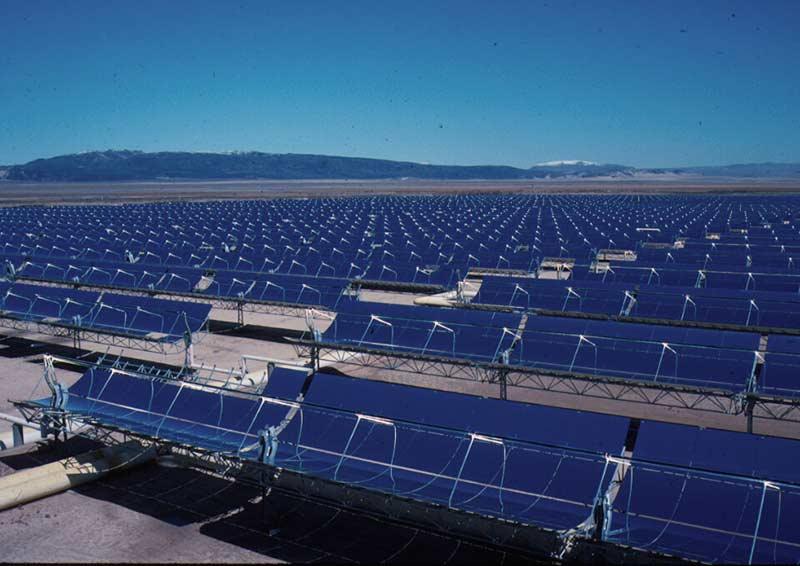A civil engineering research project involves the study and design of new methods of energy production, utilisation, transmission and consumption. Such energy resources as wind, solar, hydro, biomass are harnessed to produce electricity for domestic, commercial and industrial purposes. These methods may be sustainable or non-sustainable. Some may be utilised worldwide, some by small nations themselves, while others are being used on a larger scale by some countries, which supply most of our non-carbon based energy needs. A growing number of individuals, businesses and governments are seeking options that will not only be beneficial for current use but also those who will follow.
As demand for energy resources rises, so do the resources that are required to develop these sources. An increasing number of environmental and economic concerns have been raised over the use of non-renewable energies and the damage they can cause. Renewable energy is one such alternative, which can potentially be used to eliminate many of the problems associated with the use of non-renewable energies, as it can run without any use of fossil fuels or other non-renewable resources.
One major advantage offered by the use of an alternative energy source is the use of energy that is renewable. This is a major advantage, as it means that the energy resources cannot be depleted. Another major advantage relates to the fact that the energy source itself can create its own electricity. This is in contrast to the use of fossil fuels, which need to be drilled for, mined and then processed before their use can be realized.
Another major advantage related to renewable energy is that the energy resource itself does not produce greenhouse gases, or other pollutants that can exacerbate the damage they cause. A common argument against the use of renewable energy resources is that they will not be able to provide sufficient levels of power. This argument is largely specious. Most sources available today will be able to reliably provide a decent level of power. These levels can far exceed those required for residential homes, small businesses and even remote villages.

Yet another advantage is the creation of new jobs. As more civil engineering graduates choose to pursue careers in this field, there will be a need for more experts in this field. This will create more job openings, which will contribute to an economy growing at a rapid rate. This is another advantage many people are counting on in this troubled economy. The creation of new jobs related to the use of alternative energy resources will help add to the overall recovery of the economy.
The use of renewable energy resources has other benefits as well. For example, this type of energy does not create global warming. The Earth's climate is such that human activity has had a significant impact on its stability. Using renewable energy allows the world's citizens to live comfortably in a state of harmony with nature.
There is also the fact that it can decrease pollution. The exhaust from power plants for instance emits a lot of pollutants. These pollutants can damage the environment in the long run. Alternative energy sources do not have any of these pollutants that result from their use. The use of civil engineering principles will help in the prevention of the pollution of the environment as a result of the use of alternative energy sources.
A firm using civil engineering renewable energy will be highly sustainable. Since the technology to harness this form of energy is constantly improving, this source of energy will become even more reliable. Additionally, the Earth's climate is such that the energy resources will not be depleted any time soon. These advantages combined with the need for employment in this field will make the investment in civil engineering renewable energy a sound one for many people. The benefits listed above all add to the attractiveness of this career choice.






